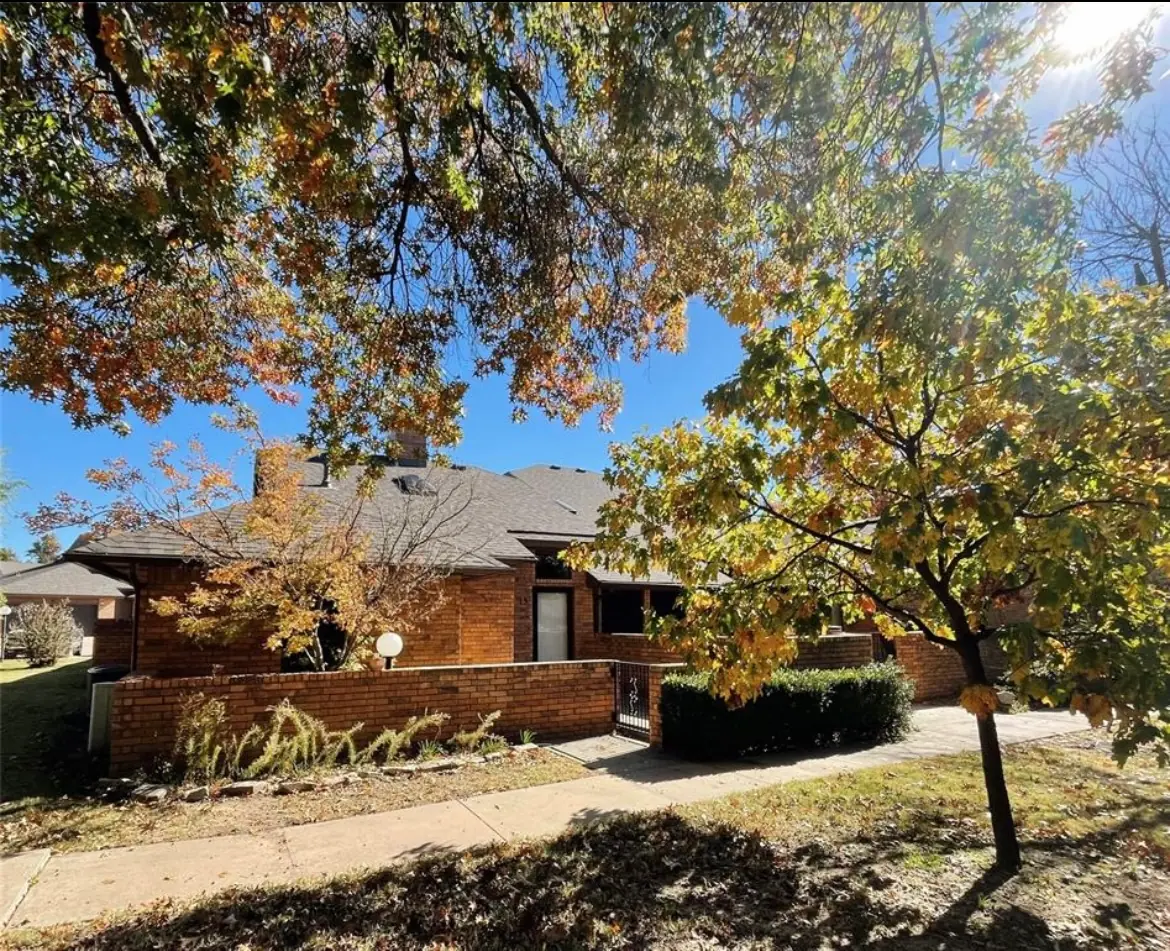The real estate industry is constantly evolving and being shaped by new technologies, economic trends, demographics shifts, and consumer preferences. Here are some of the keyways that experts predict real estate will change in the coming years:
Virtual Tours and 3D Models
Virtual tours, 3D models, augmented reality, and other immersive technologies will likely become standard for showcasing and viewing homes online. This will allow home buyers to get a much better feel for properties without having to visit them in person.
Smart Home Technology
Smart home devices like automated locks, lighting, thermostats, appliances and more will become commonplace. This tech integration will be a major selling feature for newer homes. Voice assistants like Alexa and Siri may be built into homes to control various functions.
Flex Spaces
Home offices, gyms, multi-purpose rooms and other flexible spaces will be desirable for adapting to owners' changing needs. With more people working from home, having space that can transition from a home office to a spare bedroom could be a key feature.
Sustainability
Energy efficiency, solar panels, electric vehicle charging stations, water conservation, smart landscaping and sustainability will play a bigger role. Green building practices and net-zero energy homes will likely become more mainstream.
Community Living
Co-living spaces, multi-generational homes, tiny homes, and communal amenities may gain popularity, especially in urban areas where space is limited. Shared community gardens, workout spaces, dining areas and more would allow residents to enjoy amenities.
While the core function of real estate remains constant, these kind of technologies and trends will shape the look, features and priorities of the housing market in the years to come. The future real estate landscape will integrate cutting-edge innovations with changing lifestyle needs.



